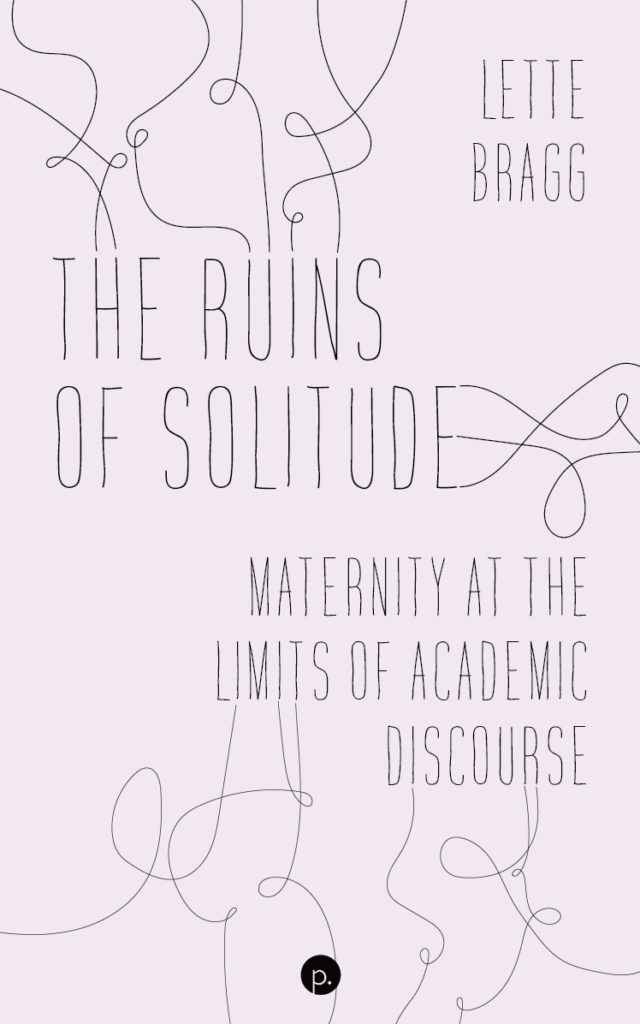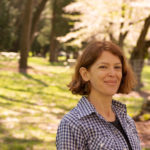What happens when love unravels one’s knowledge structures? In The Ruins of Solitude, after the birth of a child, Bragg embraces the event of love and examines the resulting disintegration of her supposed authorial subjectivity. Against the pressure to produce and organize knowledge—the pressure of writing a dissertation, for example—Bragg contemplates the poetic modes of thinking and ethics that emerge from her experience of reading continental philosophy while caring for her infant child. Dwelling on what she would have once excluded from her intellectual work—her maternity, the mole on her chest, her palm against another body, her exhaustion at the work of deconstruction—Bragg details a shift in her orientation and method that leads to creative theoretical thought, allowing her to illuminate and interrogate what she names “solitude,” a condition of academic discourse that limits our critical-liberatory projects of transformation.
Ultimately, The Ruins of Solitude lets go of authority and mastery, and engages in a poetic and fractured writing style that lets in the relationality of thought. Bragg offers a philosophy of bodies beyond solitude and an intimacy of love and writing that fractures solitude, bringing forward the possibility of selfhood and authorship uncontained by the isolationist, tangible time of the present. Bragg’s book also unravels familiar narratives of childcare, considering the parallels between poststructuralist theory and the embodied materiality of relation.


